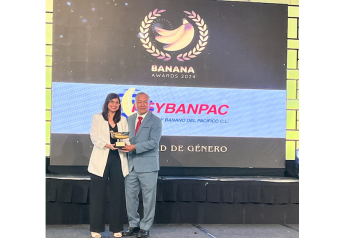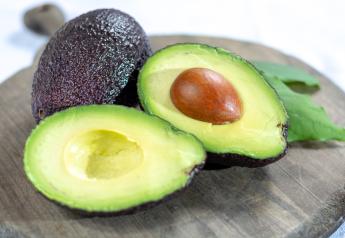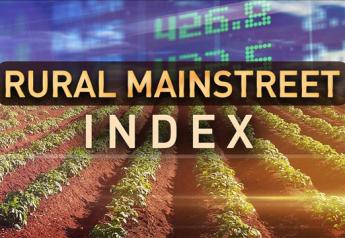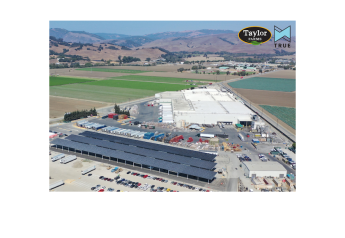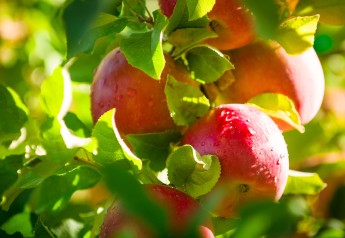The bystander effect and how it can apply to food safety
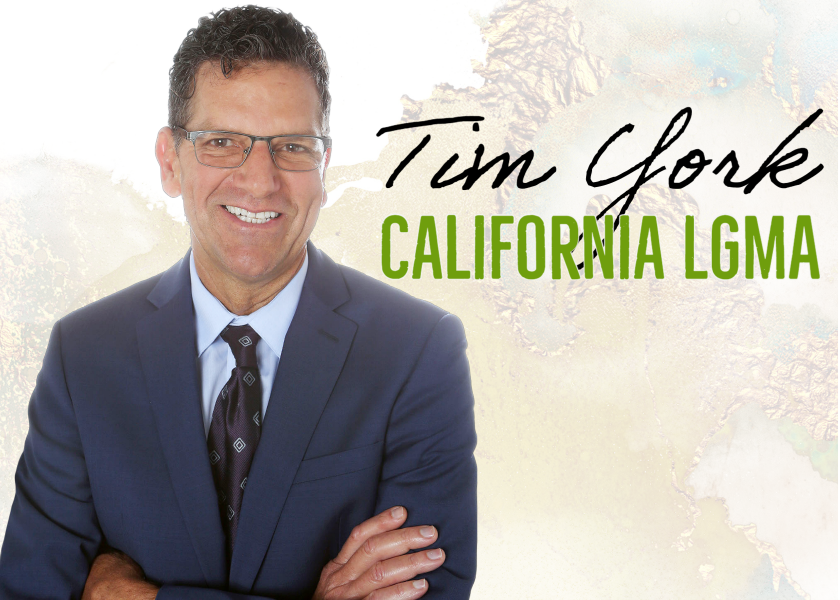
On May 24, 2022, a lone gunman with a rifle entered Robb Elementary School in Uvalde, Texas, and shot and killed 19 students and two teachers, injuring 18 others. It was the third-largest school shooting in American history.
In addition to the lives lost and injured, the additional tragedy was the lack of action by the police and others charged with public safety. A total of 376 law enforcement officers responded to the shooting and, astonishingly, it took officers more than an hour to enter one of the classrooms in which the gunman had barricaded himself with students and staff trapped inside.
An investigative committee formed by members of the Texas House of Representatives recently released an interim report on the shooting, finding that, "at Robb Elementary, law enforcement responders failed to adhere to their active shooter training, and they failed to prioritize saving the lives of innocent victims over their own safety … there was an unacceptably long period of time before officers breached the classroom, neutralized the attacker and began rescue efforts."
Why did this happen when parents and others were in violent conflict with officers and attempting to rescue children? Police clearly knew they should enter the premises and take out the shooter. Numerous studies on the so-called “bystander effect”— a theory largely attributed to and developed by psychologists Bibb Latané and John Darley following the 1964 murder of 28-year-old bar manager Kitty Genovese — have shown that people in large group settings are less likely to step up in an emergency. In fact, studies show the bigger the group, the less likely it is anyone will help.
Large groups lead to what psychologists describe as a diffusion of responsibility, aka “social loafing.” When so many others are around, no one feels personally responsible to act. The long-held narrative — now believed to be wildly inaccurate — of 38 witnesses to Genovese's early morning attack outside her New York apartment building failing to intervene because they reportedly thought someone else would call for help spurred on this bystander effect idea (and even helped to inspire the formulation of the 911 system and Good Samaritan laws that followed).
Decades later, in Uvalde, the bystander effect seemed to be in full force, as it was unclear who was in charge, leading officers to assume someone else was responsible for leading and responding, contributing directly to the delay in said response.
While the Uvalde tragedy spotlights the bystander effect, it persists in other areas of society, as well. Several airplane crashes in the 1970s, including a United Airlines flight that ran out of fuel, were attributed to crew members’ failure to challenge bad decisions made by the pilot. As we have seen within the aviation industry, a training program called Cockpit Resource Management teaches that all team members, regardless of their position, have a responsibility to speak up. In fact, when the medical industry modeled that same training and ensured all persons in an operating room felt free to speak up, medical accidents dropped by 35%.
We have all heard, perhaps ad nauseum, about the importance of building a food safety culture. The Uvalde tragedy and the aviation industry experiences are lessons in why creating a culture of food safety that compels everyone to be part of the process is so critical.
We can’t let the bystander effect happen in fields, packinghouses or anywhere else in the supply chain — the results can be tragic. When everyone within an organization, from the CEO to the person sweeping the floor, owns the responsibility for food safety and feels compelled to act when they see risk, there are fewer food safety incidents, greater consumer confidence and produce consumption, and reduced financial impacts to companies.


